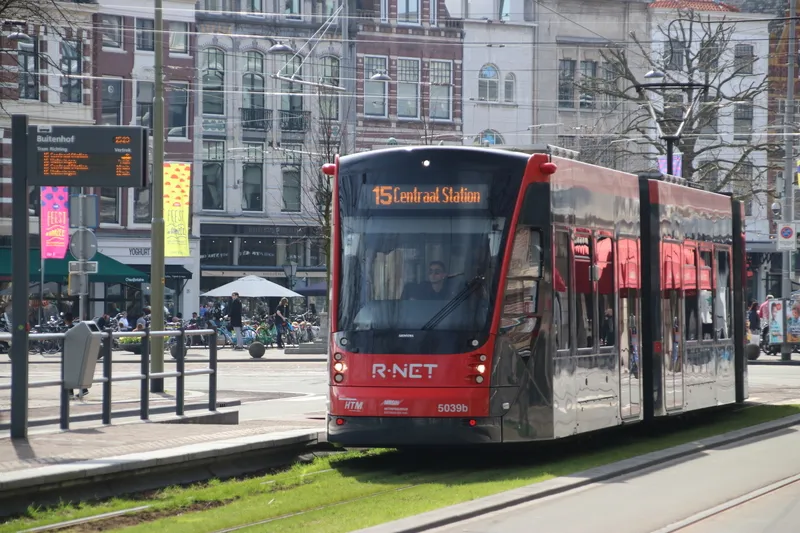This project stems from an agreement with the
Bike rental company Wicked Ride, operating under the name Metrobikes, will make an electric bike and electric scooter service available to citizens. The company will also run a micro transit pick and drop-off service.
The initiative is an extension of the Station Access and Mobility Programme (STAMP), which was initiated by the partners to facilitate first and last mile connectivity solutions.
STAMP has been extended to other Indian cities and will be trialled next in Hyderabad, the capital of the Telangana state.
TMF to improve access to six metro stations in Bengaluru, India
The Toyota Mobility Foundation (TMF) will deploy a two- and four-wheeler rental and ride sharing solutions to help improve access to six metro stations in Bengaluru, India. The service is also intended to alleviate congestion and will be available from August.
This project stems from an agreement with the World Resources Institute (WRI) and will take place at Mysore Road, Yelchenahalli, Banashankar, MG Road, Indiranagar and Mantri Square stations. The partnership will present findings from the trial to t
July 26, 2018
Read time: 2 mins
The 1686 Toyota Mobility Foundation (TMF) will deploy a two- and four-wheeler rental and ride sharing solutions to help improve access to six metro stations in Bengaluru, India. The service is also intended to alleviate congestion and will be available from August.










